What Factors Can Cause Depression?
Depression is one of the most common mental health disorders across the United States and it can affect anyone at almost any age.
Hopelessness, fatigue, and anxiety are some of the most common symptoms of the disorder. In some individuals, there aren't obvious signs or symptoms present. Some people may even exhibit unexpected symptoms like irritability.
Since it is so common and affects so many people, it begs the question: What causes depression in the first place? There are several factors that can play a role in depression. Let's look at the most common ones.
Genetics
If your family history shows signs of depression, you have a greater likelihood of developing depression at some point in your life.
The exact genes that play a role are unknown, but researchers hope that by understanding how they function, they'll be able to create more effective treatments down the road.
Although genetics can play a factor in developing depression, there is no single cause that acts alone in the development of depression. Other factors may increase your risk or influence your development as well.
Brain Chemical Imbalance
Some of the factors that cause depression can be directly linked to your brain and body. An imbalance within your mood-regulating neurotransmitters could lead to depression.
The three neurotransmitters affected in depression are:
● Dopamine, which is associated with feelings of reward and motivation.
● Norepinephrine, which helps facilitate our fight-or-flight response.
● Serotonin, which is known as the "feel good" chemical that boosts our mood.
Poor Physical Health and/or Medical Conditions
Other medical conditions like chronic illness, sleep disorders, or thyroid conditions can increase the risk of depression. Chronic pain, diabetes, and cancer are also three conditions where depression rates tend to be increased.
Since the mind and body are connected, if you're experiencing a physical problem, there's a good chance you may discover something wrong mentally as well.
In addition to poor physical health, a lack of proper nutrition can be a factor as well. Diet can contribute to depression if the body isn't being fueled with an adequate amount of vitamins and minerals to function properly.
Substance Abuse
Drug and alcohol use and abuse can play a role in developing depression. Even some prescription drugs have labels noting a potential cause of depression as well.
Drugs and alcohol dependency can be a vicious cycle. If you're already feeling depressed and use substances to help you cope, you may feel better in the short term, but it can actually lead you down a greater spiral towards a deeper state of depression.
Stress
Stressful life events can contribute to the state of depression. If the stress is too much for someone to bear or cope with, it can lead to depression, especially if left untreated.
Stress could be caused from a project at work, issues at home, or a traumatic life event like a car crash or a medical surgery.
Grief
People who are grieving from the loss of a loved one may experience signs of depression as well. They may have difficulty sleeping, loss of interest in things they once enjoyed, and a change in appetite.
If these symptoms don't subside over time, the grief could turn into depression.
Next Steps
There are many different factors that can play a role in the development of depression throughout someone's lifetime. If you or someone you love is struggling with signs or symptoms of depression, don't let it go untreated.
Depression cannot be treated without proper care and treatment. Reaching out for help is one of the best and strongest things you can do, whether you're reaching out for yourself or a loved one. It's the first step you can take towards feeling like you again. Contact us today to set up a consultation for depression therapy.

